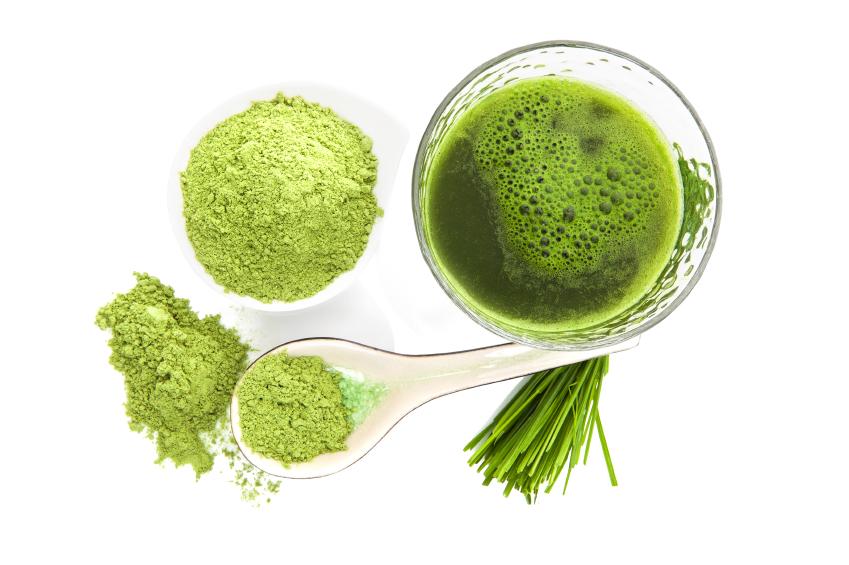Blue-green algae are some of the most highly nutritious food sources on our whole big blue-green earth. And if you didn’t have a clue what it was before today, then you’ll be glad you fell upon this. Blue-green algae are bacteria that grow in shallow, warm, slow moving bodies of water such as fresh water lakes, ponds or wetlands. They get their color from chlorophyll and an organic blue-pigment. Although their scientific name is cyanobacteria, you may be momentarily unimpressed to know that they are more commonly known as ‘pond scum’. This may seem shocking, as the thought of chowing down on the scum at the bottom of your nearest lake might sound the furthest from appetizing, but you’ll definitely want to hear what health benefits blue-green algae is credited with having before you jump to any conclusions.
Blue-green algae is a powerful superfood. It is organic, and packed full of important antioxidants to battle cell damage and degenerative disease. It is extremely rich in minerals, and is about 70% vegetable protein, containing all amino acids and several times the protein in red meat, and is also substantially easier for the human body to digest.


